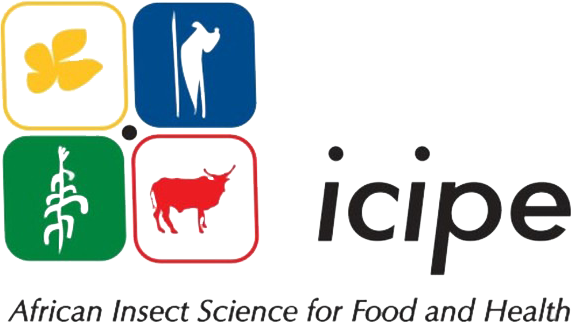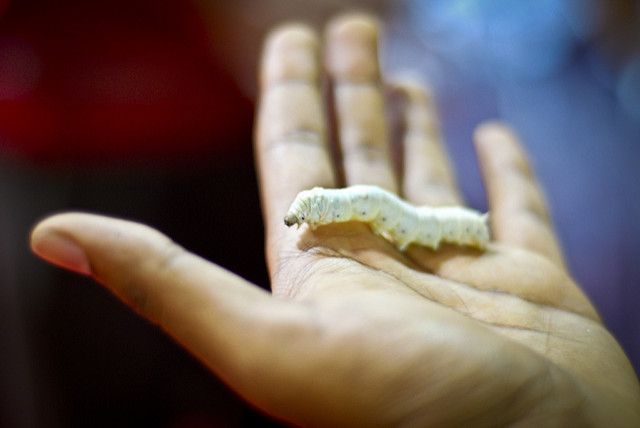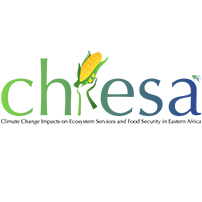icipe

icipe‘s mission is to help alleviate poverty, ensure food security and improve the overall health status of peoples of the tropics, by developing and extending management tools and strategies for harmful and useful arthropods, while preserving the natural resource base through research and capacity building.
The Centre’s vision is to pioneer global science in entomology, to improve the well being and resilience of people and the environment to the challenges of a changing world, through innovative and applied research, alongside deep exploratory study, impact assessment, evaluation and sustainable capacity building.
Why insect research?
Insects and other arthropods are the most diverse and abundant forms of life on earth. They are also a paradox within the sustainable growth equation especially in tropical regions such as Africa where, on the one hand, they contribute to developmental stagnation because of their ability to severely reduce the output of humans, animals and plants. On the other, because of their tremendous biodiversity, insects harbour great potential for development.
In Africa, insects pests are a key component among complexities of water scarcity, land degradation and poor soil health, which continue to hinder agricultural productivity and food security. In some instances, insects cause the loss of entire crops in the field, and in others, they destroy significant amounts of harvested food in storage. They also limit the potential of the continent’s emerging horticultural sector by reducing yield quality and quantity, and by necessitating the use of harmful pesticides, leading to the rejection of produce from Africa in lucrative export markets.
Some insects are also disease vectors and are responsible for the transmission of dilapidating human and livestock diseases, exacerbating Africa’s already disproportionate share of the global disease burden. Such diseases include malaria (transmitted by mosquitoes), human and animal trypanosomosis, commonly known as sleeping sickness and nagana respectively, which are transmitted by tsetse. Other vector-borne diseases are: dengue, kala-azar, Rift Valley fever and yellow fever.
Many people in Africa, especially those living in fragile and marginalised areas rely on insect biodiversity, for instance beekeeping and silk rearing. However, factors related to population growth and poverty, the inability to harness natural resources sustainably, and indeed, the strategies that are used to control harmful insects, are bringing about changes that are adversely affecting ecosystems, and the benefits that people obtain from them. In addition, the impacts of climate change will most significantly be felt in Africa, possibly pushing communities further into poverty and placing more pressure on the environment.
Underlying all these issues is a weak and under-resourced infrastructure for scientific research, and the lack of adequate capacity to deal with the negative aspects of insects, and to harness their positive attributes.
Read more about what we do.

